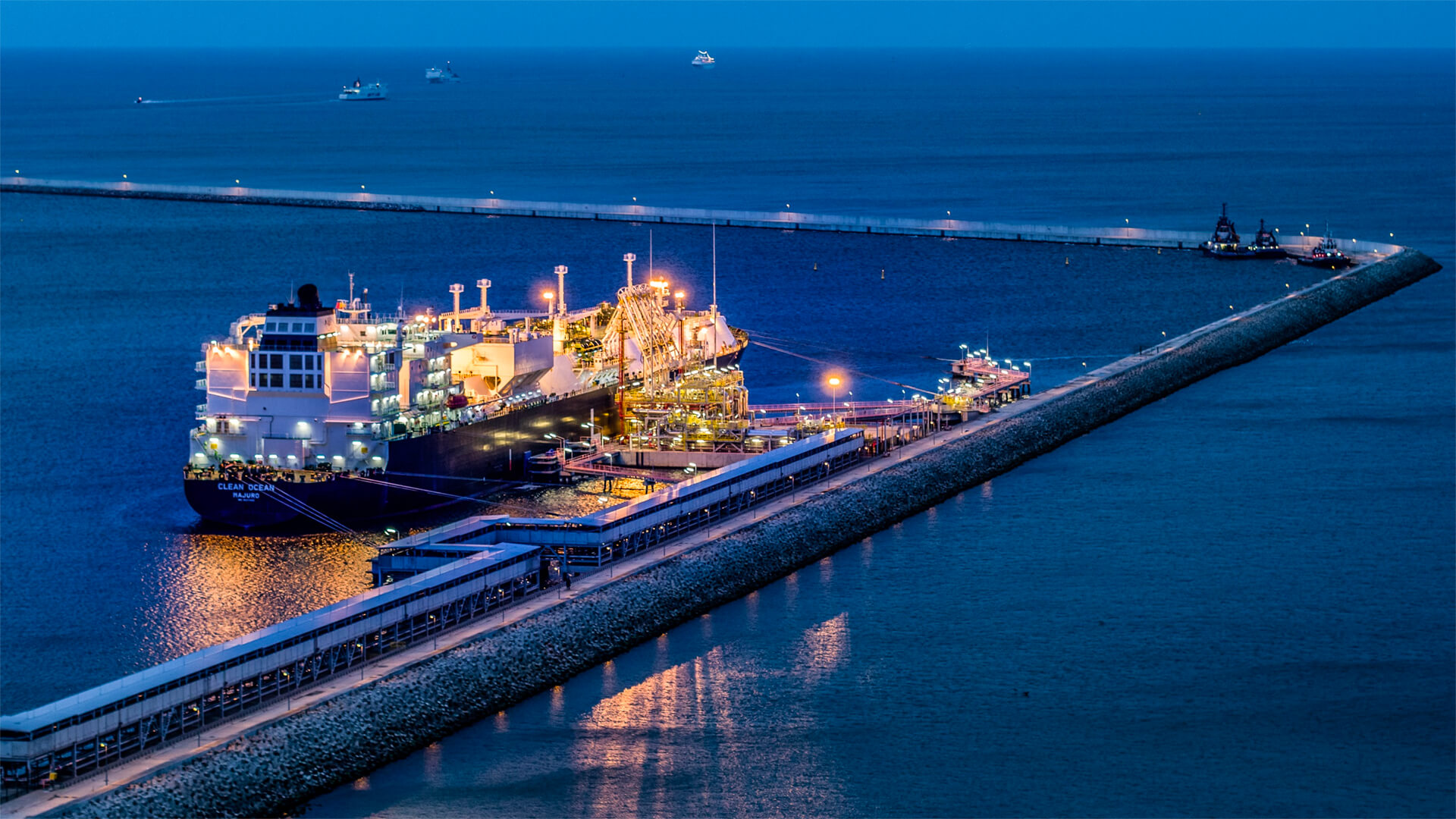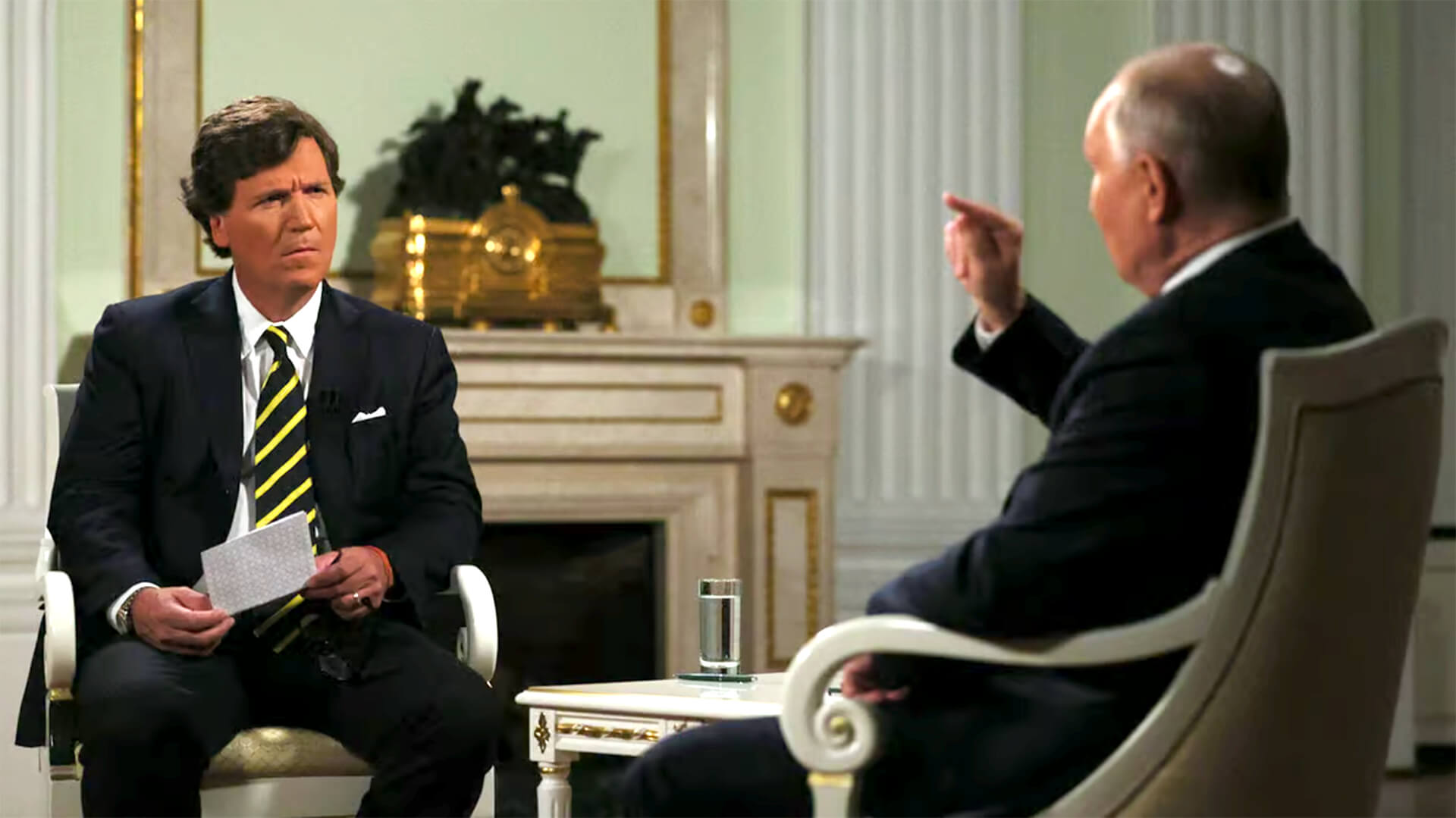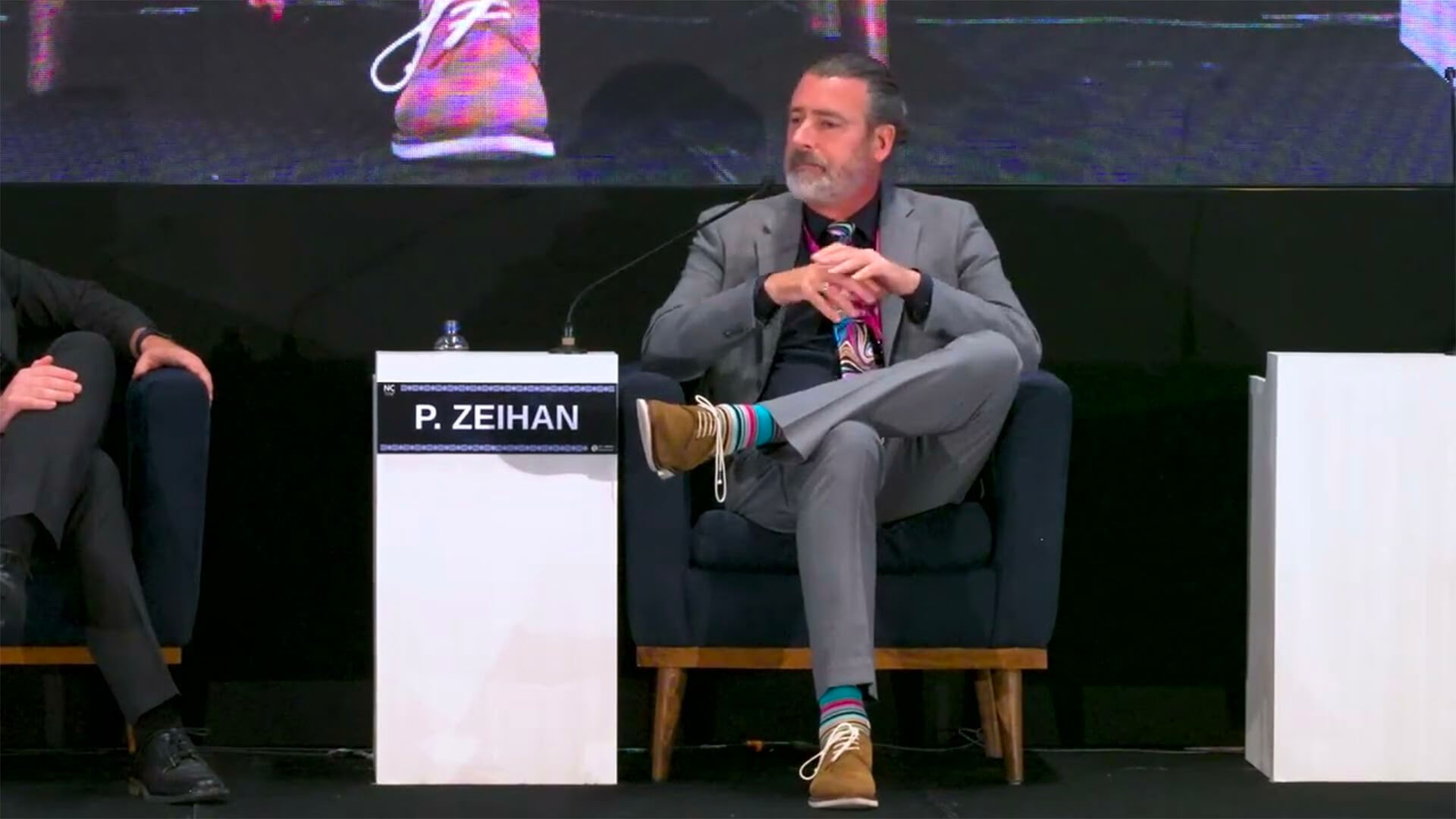FOR MORE ON THE FUTURE OF United Kingdom, SEE DISUNITED NATIONS
Today’s entry into our ‘Post American’ series is a country with a complex political, economic and security landscape. Its a country forged from colonialism that is comprised of diverse ethnic groups coexisting under a single political entity – Nigeria.
Despite civil unrest, Nigeria has retained a semblance of stability through a rotational presidency among ethnic groups that ensures representation and prevents disintegration. On the economic side, corruption within the oil industry has led to a mismanagement of oil resources and underproduction.
With global energy dynamics shifting and geopolitical instability on the rise, there’s an emerging opportunity for the Nigerians. If Nigeria can overcome the internal struggles, their strategic positioning and military strength could help them become a significant player in the region; this could even evolve into partnerships with Western powers seeking energy stability.
While this might sound like a reversion to colonial times, I assure you the dynamics have greatly changed. The potential for a mutually beneficial relationship could help Nigeria thrive and even reshape global energy dynamics.
Here at Zeihan On Geopolitics we select a single charity to sponsor. We have two criteria:
First, we look across the world and use our skill sets to identify where the needs are most acute. Second, we look for an institution with preexisting networks for both materials gathering and aid distribution. That way we know every cent of our donation is not simply going directly to where help is needed most, but our donations serve as a force multiplier for a system already in existence. Then we give what we can.
Today, our chosen charity is a group called Medshare, which provides emergency medical services to communities in need, with a very heavy emphasis on locations facing acute crises. Medshare operates right in the thick of it. Until future notice, every cent we earn from every book we sell in every format through every retailer is going to Medshare’s Ukraine fund.
And then there’s you.
Our newsletters and videologues are not only free, they will always be free. We also will never share your contact information with anyone. All we ask is that if you find one of our releases in any way useful, that you make a donation to Medshare. Over one third of Ukraine’s pre-war population has either been forced from their homes, kidnapped and shipped to Russia, or is trying to survive in occupied lands. This is our way to help who we can. Please, join us.
TranscripT
Hey everybody. Peter Zeihan coming to you from a very snowy Colorado. Already ten inches in and another six to go. I know what I’m doing tomorrow. Any who. This is the latest in our post-American series. And today we’re going to talk specifically about a country that a number of people have written in, and that is Nigeria. So what makes Nigeria tick?
This is a country that is a creation of the post World War two strategic order and took a few pages from the post Westphalian system of nation states. Well, in essence, what that means is it’s a little bit like the settler societies of the United States, Canada, Australia and New Zealand in that it’s a polyglot group, lots of different ethnic groups, each of which have a very clear homeland, but they’ve been lumped together into a single political authority.
Now, in a lot of places where some version like this happened because of colonialism, and you can make that argument for Nigeria as well. It has gone very, very badly with lots and lots of civil wars, and Nigeria is no exception. They had the Biafran war shortly after independence and sixties, and it was one of the most disastrous wars that we’ve seen on the African continent.
But in its aftermath, things went an unexpected direction. Instead of the victors trying to wipe out the biafrans. They were included into a transition into democracy. And while it’s not something that we would recognize in the United States as democratic, what they do is they they rotate the presidency among the various ethnic groups and the other regions. And then within each of those regions, there’s actually competition within the ruling party to decide who is going to be the candidate.
So as a rule, what I’m vastly oversimplifying a very messy situation here. As a rule, the presidents looked at the primary level, basically. And while this doesn’t necessarily generate the most creative or competent leadership, it has kept the peace and has kept Nigeria Nigeria in one piece as well, which is more than you can say for a lot of the other post-colonial countries in the Congo.
Here, Angola, both of which have been war wracked or chaotic or both. Now, the con of this strategy is if you are of an ethnic group that doesn’t hold the president at a time, you have to basically be paid to not protest or riot or launch a war. And that’s where the oil comes in. Nigeria is the continent’s largest oil producer, and most folks say that if civil unrest could be tamped down, a degree of competence could be injected into the system.
Well, then they could probably be producing five or 6 million barrels a day without too much of a challenge. And instead, it’s been pretty much less than three for the last 20, 30 years. Basically, whoever sits in the big chair directs where the oil funds go. He takes a cut of it himself. It’s obviously he and the rest is used to buy off the other minorities to limit their willingness to cause chaos, which of course encourages some of the more militant minded of those groups to deliberately cause chaos in order to get a better cash settlement.
And under the globalized order, this has not been a hugely successful system from an economic point of view, because it means that people actually have a vested interest in attacking the oil patrimony in order to get a slice of the oil patrimony. And that means that the oil patrimony has probably been about one third to one quarter as large as it actually should have been under normal circumstances.
But hey, that’s what happens with a political system like this. Now, that’s under the globalized order where no one interferes in other people’s affairs. You get the series of ethnic based militant groups, some with very creative names, and some of which are creative and tenacious and have taken speedboats 50 miles off the coast to take over oil production sites.
And in this sort of environment, the oil companies that bring in the technology that allow all of this to happen have basically lost interest after seeing their people kidnaped or shot up for purposes of budgetary debates. Most Western oil companies have bailed and the last, such as rolled out Shell, are in the process of getting out right now.
As I am recording this video in February of 2024. It’s not a great model, but the world is changing. And if we’re moving away from a world where civilian maritime shipping is sacrosanct and to one where piracy and state piracy and attacks on ships are far more likely, well then you have to reevaluate how Nigeria plugs into its relationship into the global energy system.
Because right now, much to the Saudi’s happiness in Nigeria is very self-limiting, just like Venezuela has been very self-limiting these last 20 years. And you can count on Nigeria never significantly increasing its oil output for any period of time, which makes them a non-factor. As far as the countries who try to actually manage the oil markets see things.
But if you break down global stability, oil’s just not going to be transported as far. And in places that have a little bit of a hotspot going them like say, the Persian Gulf or Saudi Arabia is you should expect significant reductions in output because there’s going to be a lot of militancy and state militancy, not to mention new imperial activity, either tried to take the oil offline or take the oil period.
And in that scenario, I would expect that the stuff that’s coming out of the Persian Gulf is probably going to fall by conservatively half and take most, if not all, of say, Iran’s crude with it. But Nigeria is not in that sort of situation. Nigeria is on the western side of the African continent. While it has plenty of territorial disputes with its neighbors, it’s not like it’s facing an outright war with anyone.
The countries that are to the northwest, the north and the east are either in the Sahara, so don’t have military to speak of, or in the Sahel, where the densest concentration of populations is in Nigeria. So when we had all of those coups in back in 2022 and 2023, there is a real concern slash hope based on your politics, that the Nigerian military might just move into some of these places and knock off the computers because the Nigerian military, something like three times as large as all of the French coup belt in the Sahel combined, they ended up not doing that.
But the point remains is that Nigeria is the undisputed superpower in the region, from the Sahel down to the tropics. There’s no one else that can hold a candle to them. And if there was a conflict, I have no doubt while it would be messy that the Nigerians could give a lot more than they could take. But ultimately, we’re talking about oil here in a place where the Persian Gulf has problems, in a place where Russia is treated like Russia, and a lot of that stuff goes offline.
Secondary oil producers in the Eastern Hemisphere need to get a fresh look, because if you remove a lot of these or weaken a lot of them, all of a sudden Nigeria shows up as the largest or second largest by most math. They don’t have a physical border where they are going to expect a war. Most of the piracy that’s in the region comes from.
So it is is funny. And I can see a new sort of environment where the Brits and the French are actively looking for partnerships in the Gulf of Guinea region where Nigeria is in order to secure crude that they can’t get from places like the North Sea or the Russians any longer. It’s not that the North Sea is going away.
So this is all going to be spoken for. And so if you’re in that growth, you’re going to have to find another source. The United States can help with some of that. But Nigeria is the only thing that’s proximate, really. You’ve got Algeria to the north, but a lot of their fields are very, very, very tapped. And they’ve been in diminishing returns for the last 20 years.
Nigeria is really the only place where you can work in Greenfield or Brownfield. So I expect we’re going to see a significant reversing of this trend of the Western super majors getting out of Nigeria, because there’s not going to be a lot of choice other or maybe tertiary energy producers in the area. You’re Angola’s you’re Gabon’s. You’re Equatorial Guinea’s.
They’re going to get a fresh look to for very similar reasons. But make no mistake, Nigeria is the security decider in this region. And if they don’t want these secondary powers, especially ones that are closer to them to play a significant role in regional oil markets, then it’s going to be really hard to make that happen. And this is not a colonial experience.
Nigeria may be decades behind, say, Britain when it comes to military firepower, but it’s not like Nigeria is UN industrialized. So you’re not going to see the sort of neo colonial relationships that a lot of people fear where the former colonies come in and take over. No, no, no, no. The population in balance is not there. The technological imbalance is not there.
Instead, it’s going to be a degree of partnership and one that, while it can be messy, is probably going to work pretty well because the French and the Brits have the technology in the markets and the Nigerians have the asset and the guns. So it’s a partnership that can actually be quite productive. The question is of the outside powers who will get there first.
And I’m telling you, it’s going to be the French and the Brits, and they’re not necessarily going to agree on where that crude has to go. So the geopolitics of this region is going to start to look a lot like it did a century in a century a half ago, but with a lot more money and with the Nigerians being a player in of them themselves.
All right. That’s it for me.











